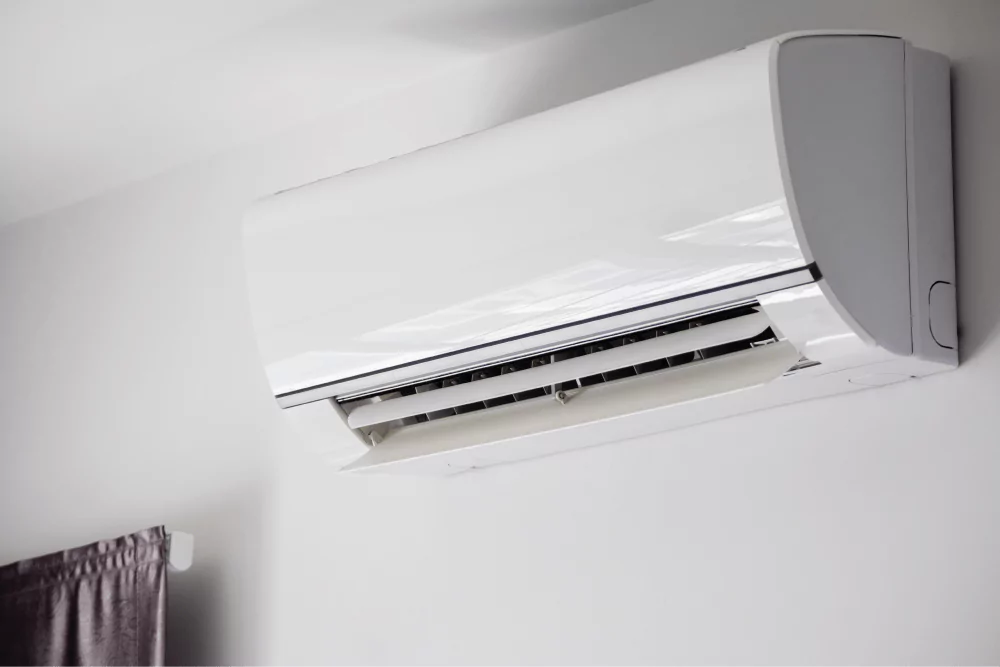
In the realm of HVAC systems, understanding the dynamics of recirculated air is crucial, especially in environments like Port St. Lucie, Florida, where indoor comfort is paramount year-round. Recirculated air systems play a significant role in maintaining consistent temperatures and indoor air quality. In this blog post, we’ll delve into the intricacies of recirculated air in Port St. Lucie environments, shedding light on its function, benefits, and considerations for homeowners.
What Is Recirculated Air?
Recirculated air refers to the process of circulating indoor air through the HVAC system multiple times before exhausting it outside. Rather than constantly pulling in fresh outdoor air, recirculated air systems recycle indoor air, which can help maintain stable indoor temperatures and reduce energy consumption.
Functionality in Port St. Lucie Climates
Port St. Lucie experiences hot and humid weather for a significant portion of the year, making it essential to have efficient HVAC systems in place. Recirculated air systems play a vital role in regulating indoor temperatures by continually circulating air through the system. This process helps remove excess humidity from the air, improving overall comfort levels indoors.
Energy Efficiency
One of the primary benefits of recirculated air systems is their energy efficiency. By recycling indoor air, these systems reduce the workload on the HVAC unit, resulting in lower energy consumption and reduced utility bills. Additionally, recirculated air systems can be integrated with energy recovery ventilators (ERVs) or heat exchangers to further enhance efficiency by transferring heat and moisture between incoming and outgoing air streams.
Indoor Air Quality Considerations
While recirculated air systems offer energy-saving benefits, they also raise concerns about indoor air quality. Without proper ventilation, indoor air can become stale and contaminated with pollutants such as dust, pet dander, and volatile organic compounds (VOCs). To address these concerns, homeowners should ensure that their HVAC systems incorporate adequate ventilation measures, such as fresh air intake vents or mechanical ventilation systems, to supplement recirculated air with fresh outdoor air.
Maintenance and Filtration
Maintaining clean and efficient air filters is essential for the effective operation of recirculated air systems. Dirty filters can restrict airflow and reduce system efficiency, leading to increased energy consumption and poor indoor air quality. Homeowners should adhere to a regular maintenance schedule, including filter replacements as recommended by the manufacturer, to ensure optimal performance of their HVAC systems.
Consultation with HVAC Professionals
When considering the installation or upgrade of a recirculated air system in their Port St. Lucie homes, homeowners should consult with HVAC professionals. An experienced technician can assess the unique requirements of the home, recommend suitable equipment and ventilation strategies, and ensure that the system is installed correctly for optimal performance and efficiency.
Conclusion
Understanding recirculated air systems is essential for homeowners in Port St. Lucie seeking to maintain indoor comfort and energy efficiency. By leveraging the benefits of recirculated air while addressing concerns about indoor air quality, homeowners can create a healthy and comfortable living environment for themselves and their families.